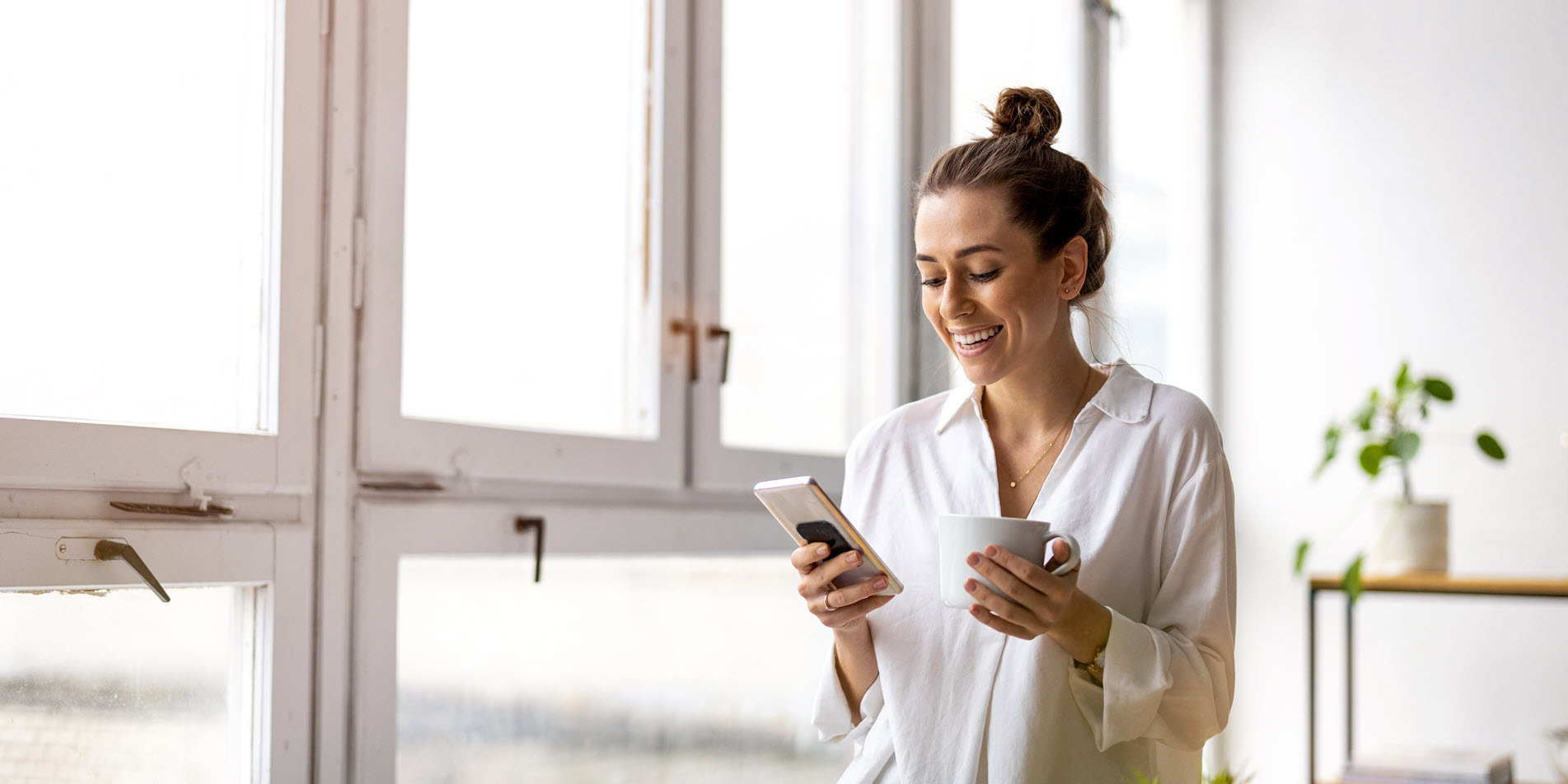There’s a new trend on the rise, and it’s whipping up a flurry of excitement (and views!). TikTok users across the globe are accessing their health information through the platform, which has given rise to HealthTok.
Maybe you’ve heard curious whispers of all-hailed acne solutions, unconventional cold and flu remedies or doctor-driven debunking videos. HealthTok has developed into a global resource where you can connect with healthcare professionals from all over the world.
The sheer popularity of HealthTok may astound you. On average, people spend 42 hours and 13 minutes each month on the platform – more than double the time on any other social media platform1!
Whether you’re curious to check out HealthTok for the first time or you’re an experienced user, read on to learn more about the viral health trends on TikTok and how to navigate the platform safely.



